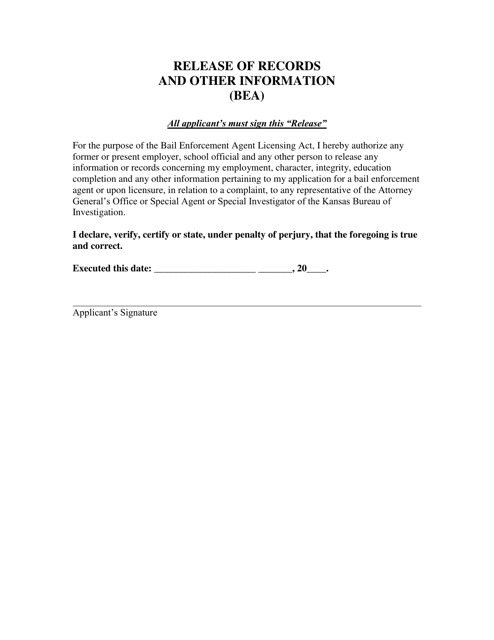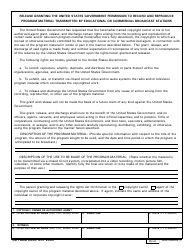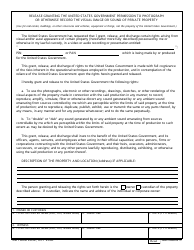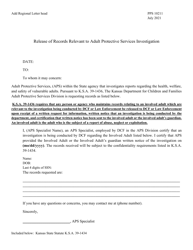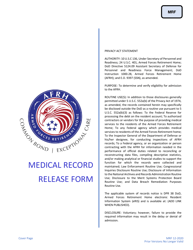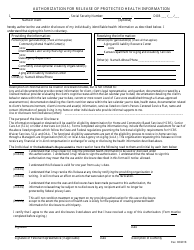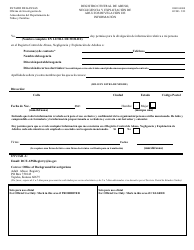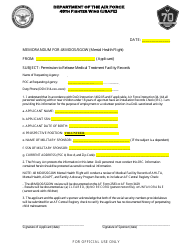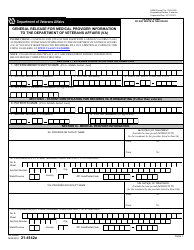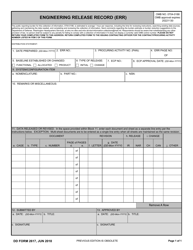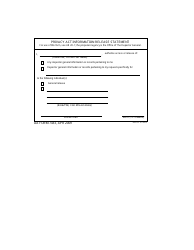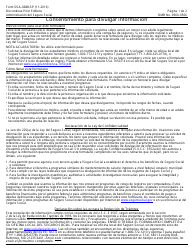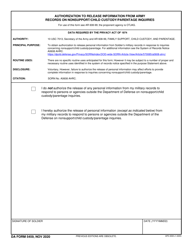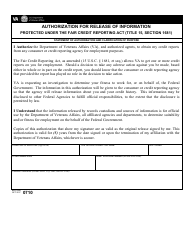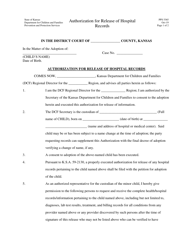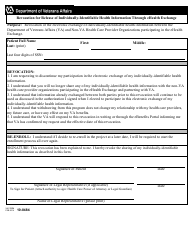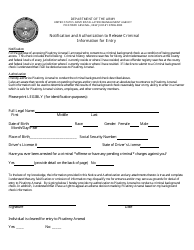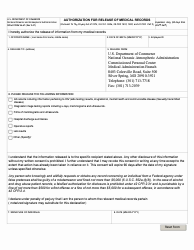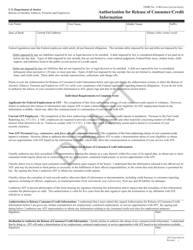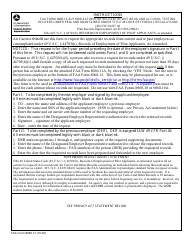Release of Records and Other Information (Bea) - Kansas
Release of Records and Other Information (Bea) is a legal document that was released by the Kansas Attorney General's Office - a government authority operating within Kansas.
FAQ
Q: What is the Bea in Kansas?
A: The Bea in Kansas refers to the Release of Records and Other Information (Bea) law.
Q: What does the Bea law in Kansas entail?
A: The Bea law in Kansas governs the release of records and other information.
Q: Who does the Bea law in Kansas apply to?
A: The Bea law in Kansas applies to individuals and organizations who seek access to records and information.
Q: What type of records does the Bea law cover?
A: The Bea law in Kansas covers a wide range of records, including medical records, school records, and law enforcement records, among others.
Q: How can someone request access to records under the Bea law in Kansas?
A: To request access to records under the Bea law in Kansas, an individual or organization must submit a written request to the appropriate custodian of the records.
Q: What are the exceptions to the release of records under the Bea law in Kansas?
A: There are certain exceptions to the release of records under the Bea law in Kansas, such as when the release of the records would violate personal privacy or interfere with an ongoing investigation, among others.
Q: What rights do individuals have under the Bea law in Kansas?
A: Under the Bea law in Kansas, individuals have the right to request access to their own records and to request corrections or amendments to their records if they believe they are inaccurate or incomplete.
Q: Are there any fees associated with accessing records under the Bea law in Kansas?
A: Yes, there may be fees associated with accessing records under the Bea law in Kansas. These fees are typically set by statute or regulation and vary depending on the type of record requested.
Q: What should someone do if their request for records under the Bea law in Kansas is denied?
A: If a request for records under the Bea law in Kansas is denied, the individual or organization can file an appeal with the appropriate agency or seek legal remedies, if necessary.
Q: Is there a time limit for responding to a request for records under the Bea law in Kansas?
A: Yes, under the Bea law in Kansas, the custodian of the records is generally required to respond to a request within a certain timeframe, usually within a few days or weeks.
Form Details:
- The latest edition currently provided by the Kansas Attorney General's Office;
- Ready to use and print;
- Easy to customize;
- Compatible with most PDF-viewing applications;
- Fill out the form in our online filing application.
Download a printable version of the form by clicking the link below or browse more documents and templates provided by the Kansas Attorney General's Office.
